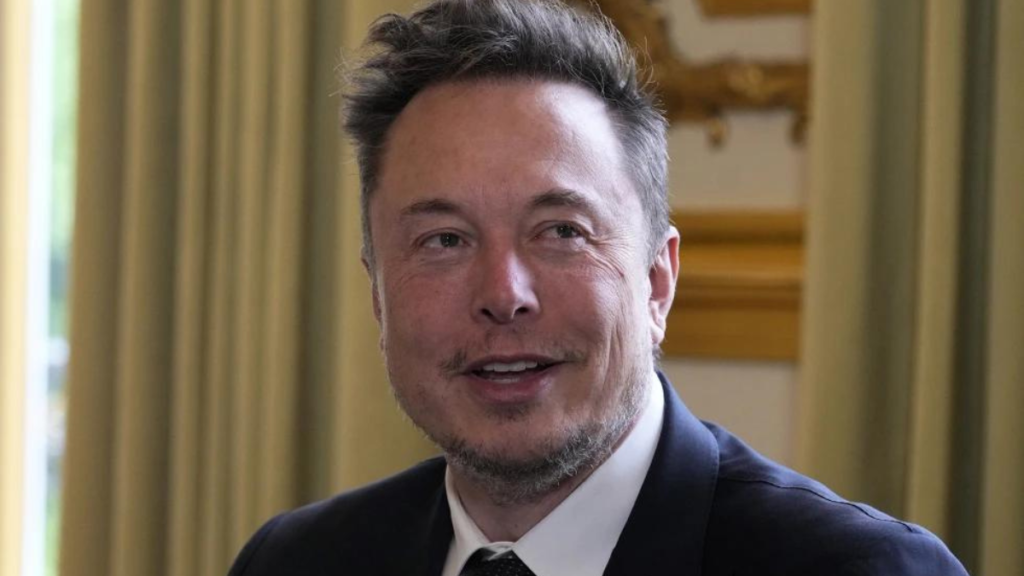Ben Brody, a 22-year-old college graduate from California, faced false accusations claiming he was an undercover agent in a neo-Nazi group. The allegations were fueled by Brody’s Jewish heritage, a statement in his fraternity profile expressing an aspiration to work for the government, and a vague resemblance to a person allegedly in the neo-Nazi group. The false narrative led to Brody and his mother fleeing their home out of fear for their safety. In response, Brody filed Elon Musk Faces Defamation Lawsuit, the owner of X, seeking damages exceeding $1 million. Musk’s attorney expects the case to be dismissed, and his legal team has until January 5, 2024, to file their response in court. The lawsuit alleges a “serial pattern of slander” by Musk, emphasizing his significant influence and the lasting impact of false claims on social media.
The Groundless Accusations
The allegations against Brody were fueled by a combination of factors – a vague resemblance to a person allegedly in the neo-Nazi group, his Jewish heritage, and a statement in his college fraternity profile expressing an aspiration to work for the government. These elements were enough for internet trolls to falsely conclude that Brody was an undercover government agent (“Fed”) planted to discredit the neo-Nazi group.
The aftermath was swift and severe. Brody became a central figure in a narrative spun by individuals seeking to downplay the actions of hate groups in the United States. The lies and taunts, further fueled by Musk’s engagement on social media, forced Brody and his mother to flee their home out of fear for their safety.
Fighting Back Against Injustice
In response to the defamation and the resulting harm to his life, Brody took a stand. He filed Elon Musk Faces Defamation Lawsuit the owner of X, seeking damages exceeding $1 million. Brody’s lawyer, Mark Bankston, who previously successfully sued conspiracy theorist Alex Jones, expressed the hope that this legal action would compel powerful individuals like Musk to reckon with the consequences of their reckless online behavior.
“This case strikes at the heart of something that I think is going really wrong in this country,” Bankston commented in an interview with CNN. He emphasized the need for influential figures to exercise caution and responsibility in their public statements about private individuals.
Musk’s Response and the Legal Battle
When asked for comment on the lawsuit, Musk’s attorney stated that they expect the case to be dismissed. Musk’s legal team has until January 5, 2024, to file their response in court. Elon Musk Faces Defamation Lawsuit filed in Travis County, Texas, alleges a “serial pattern of slander” by Musk, emphasizing his significant influence and the lasting impact of false claims on social media.
The Night in Question
The events leading to Brody’s ordeal began on the night of June 24, 2023, when he was in Riverside, California. Meanwhile, about 1,000 miles away, a gay pride event near Portland, Oregon, became a battleground for far-right groups and neo-Nazis. The clash was captured on video, and online conspiracy
theorists, instead of attributing the violence to known groups, insisted it was a “false flag” event to tarnish the neo-Nazis’ image.
This is where Ben Brody became an unwitting target. Someone online noticed a photo of Brody and erroneously identified him as one of the participants in the clash. His Jewish heritage, political science background, and an innocuous statement about government aspirations on his fraternity profile became fodder for a damaging narrative.
Online Vigilantes and Musk’s Involvement
Anonymous individuals online, self-appointed internet detectives, started spreading accusations against Brody. His social media accounts were flooded with derogatory messages, and he and his mother had to leave their home when their address was exposed online. Despite attempts to prove his innocence, the false narrative persisted and was amplified on X, with Musk actively engaging in the misinformation.
Musk, with approximately 150 million followers on X, played a pivotal role in spreading the false claims about Brody. His tweets, which questioned the identity of unmasked individuals in the Oregon clash, fueled the conspiracy theory. Musk’s involvement added a level of legitimacy to the false accusations, contributing to the snowball effect that further damaged Brody’s reputation.
The Lawsuit as a Catalyst for Change
Mark Bankston, Brody’s attorney, sees this lawsuit as an opportunity not only to seek justice for his client but also to address the broader issue of irresponsible online behavior by influential individuals. The lawsuit alleges a pattern of Musk spreading false information on X, contrary to his earlier commitment to making the platform an accurate source of information.
The lawsuit contends that Musk’s engagement with accounts promoting racism and antisemitism, along with sharing or endorsing conspiracy theories, contributes to a toxic online environment. Bankston argues that Musk’s refusal to delete the tweets even after being made aware of the defamation claims underscores the need for accountability.
Brody’s Quest for Justice
For Ben Brody, this lawsuit is about more than financial compensation. He seeks an apology and a retraction of the false claims to reclaim his reputation. In an interview with CNN, he expressed a desire to make things right, emphasizing that it’s not about vengeance but ensuring that others don’t suffer similar unjust consequences in the future.
In the era of social media, where information can spread rapidly and have profound real-world consequences, this case highlights the potential dangers of unchecked influence. As the legal battle unfolds, it may prompt a critical examination of the responsibilities that come with being a powerful figure in the digital age.







